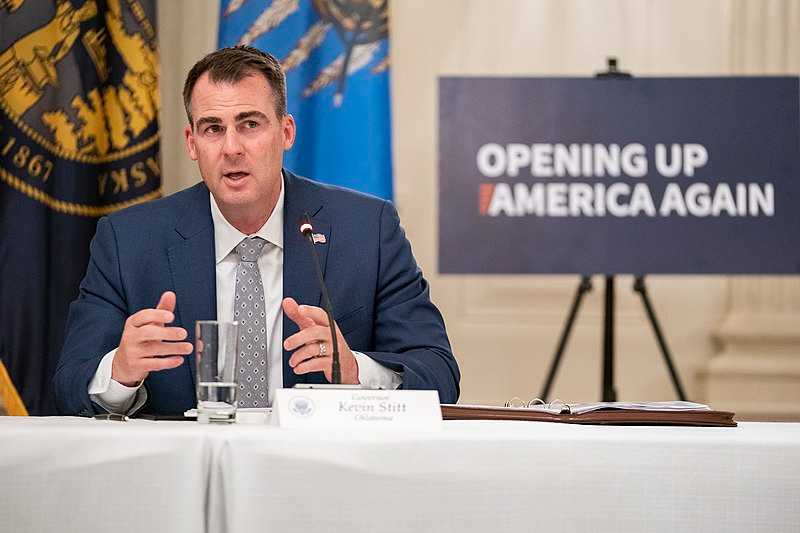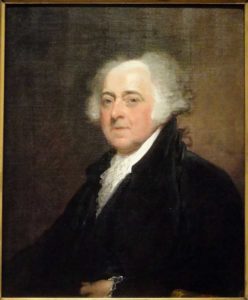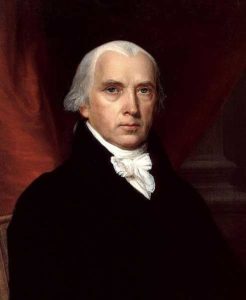Okla. Gov. Declares Thursday a Statewide ‘Day of Prayer and Fasting’ Amid COVID Pandemic
 OKLAHOMA CITY, Okla. — The governor of Oklahoma has declared Thursday a statewide “Day of Prayer and Fasting,” calling upon all people to pray for the sick during the COVID pandemic, as well as wisdom for those who are handling it.
OKLAHOMA CITY, Okla. — The governor of Oklahoma has declared Thursday a statewide “Day of Prayer and Fasting,” calling upon all people to pray for the sick during the COVID pandemic, as well as wisdom for those who are handling it.
“When we unite in prayer, were are reminded that there is no burden to heavy for God to lift or for this state to bear with His help,” Gov. Kevin Stitt wrote in his proclamation.
He pointed to 2 Chronicles 7:14, which states, “If My people, which are called by My name, shall humble themselves and pray, and seek My face and turn from their wicked ways, then will I hear from Heaven and will forgive their sin and will heal their land.”
Stitt also noted that “churches and faith communities have an incredible opportunity during this season to provide hope to Oklahomans who are struggling as we close a year that has been mentally, emotionally and physically draining.”
“It is important that we continue to find safe ways to gather as we all do our part to protect our families, neigbors and communities from the virus,” he said.
Stitt posted various prayer points to social media on Thursday, asking Oklahomans to pray for a full recovery for those who have contracted COVID, for comfort for those who have lost loved ones, for strength and wisdom for medical professionals and frontline workers, for peace for those who struggle with anxiety, and support for the elderly and those who feel isolated and alone.
Stitt’s proclamation, however, asks those of “all faiths” to join him in prayer and fasting for the day. Read his proclamation in full here.
Still, some took issue with the notion that a governor would urge anyone to pray at all, such as the Wisconsin-based Freedom From Religion Foundation (FFRF), which sent a letter to Stitt on Tuesday to claim that his proclamation violates the Establishment Clause of the First Amendment to the United States Constitution.
“By issuing a proclamation calling on Oklahoma citizens to pray, you abridge your duty to remain neutral and to respect the freedom of conscience of all your citizens,” it wrote.
“You were elected governor, not preacher. People look to you for civic leadership, not religious support. They may decide to turn to a
church, but the State may not turn into a church,” FFRF asserted. “Using official state resources and the power of your office to ask citizens to pray and fast is a misuse of your civil and secular authority.”

As previously reported, on March 23, 1798 — less than 12 years after the signing of the U.S. Constitution — John Adams, the second president of the United States, called for a day of national repentance, prayer and fasting.
“[T]he safety and prosperity of nations ultimately and essentially depend on the protection and the blessing of Almighty God, and the national acknowledgment of this truth is not only an indispensable duty which the people owe to Him, but a duty whose natural influence is favorable to the promotion of that morality and piety without which social happiness cannot exist nor the blessings of a free government be enjoyed,” he wrote.
Read Adams’ proclamation in full here.

James Madison, the fourth president of the United States, similarly called for a national day of prayer on July 9, 1812.
“I do therefore recommend the third Thursday in August next as a convenient day to be set apart for the devout purposes of rendering the Sovereign of the universe and the Benefactor of mankind the public homage due to His holy attributes; of acknowledging the transgressions which might justly provoke the manifestations of His divine displeasure; of seeking His merciful forgiveness and His assistance in the great duties of repentance and amendment, and especially of offering fervent supplications, that in the present season of calamity and war, He would take the American People under His peculiar care and protection.”
Read Madison’s proclamation here.
In the midst of the Civil War, President Abraham Lincoln proclaimed a national fast day in 1863, urging Americans to repent of their sins before God.
“[I]t is the duty of nations as well as of men to own their dependence upon the overruling power of God, to confess their sins and transgressions in humble sorrow, yet with assured hope that genuine repentance will lead to mercy and pardon; and to recognize the sublime truth, announced in the Holy Scriptures and proven by all history, that those nations only are blessed whose God is the Lord,” his proclamation read.
“[I]nsomuch we know that by His Divine law, nations like individuals are subjected to punishments and chastisements in this world, may we not justly fear that the awful calamity of civil war, which now desolates the land, may be but a punishment inflicted upon us for our presumptuous sins, to the needful end of our national reformation as a whole people,” Lincoln said.
Read Lincoln’s proclamation in full here.
Become a Christian News Network Supporter…







Comments are closed.